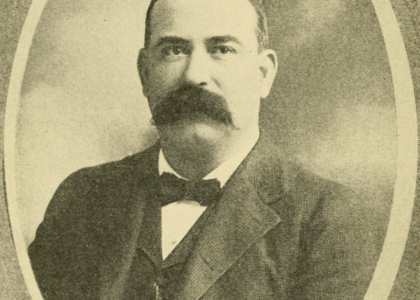Edward “Ted” Kennedy, a prominent figure in American politics, was a key player in the U.S. Senate for nearly five decades. Born on February 22, 1932, in Boston, Massachusetts, Ted was the youngest child of the Kennedy family, a dynasty that was deeply embedded in the political fabric of the United States. His journey began with a robust educational foundation, graduating from Harvard University in 1956 and earning his law degree from the University of Virginia in 1959.
Ted Kennedy’s political career took off in 1962 when he won a special election to fill the Senate seat vacated by his brother, John F. Kennedy, who had ascended to the presidency. Over the years, Ted became known as “The Lion of the Senate,” championing causes such as healthcare, civil rights, and education reform. His legislative achievements include the Immigration and Nationality Act of 1965, the Americans with Disabilities Act of 1990, and the Edward M. Kennedy Serve America Act.
The Chappaquiddick incident in 1969 was a significant and controversial event in Kennedy’s life. The tragic accident, which resulted in the death of Mary Jo Kopechne, deeply affected his presidential aspirations and career. Despite this, Ted Kennedy continued to serve as a senator, focusing on bipartisan efforts and becoming a key figure in shaping modern American liberalism.
Throughout his career, Kennedy worked alongside many notable figures, including his brothers John and Robert Kennedy, and was involved in significant historical events. His dedication to public service and ability to reach across the aisle made him a respected and influential leader in American politics.
The Edward M. Kennedy Institute for the United States Senate in Boston stands as a testament to his legacy. It serves as a hub for civic engagement and education, housing a full-scale reproduction of the U.S. Senate Chamber and a replica of Kennedy’s office, offering visitors a glimpse into the workings of one of America’s most storied political institutions.






